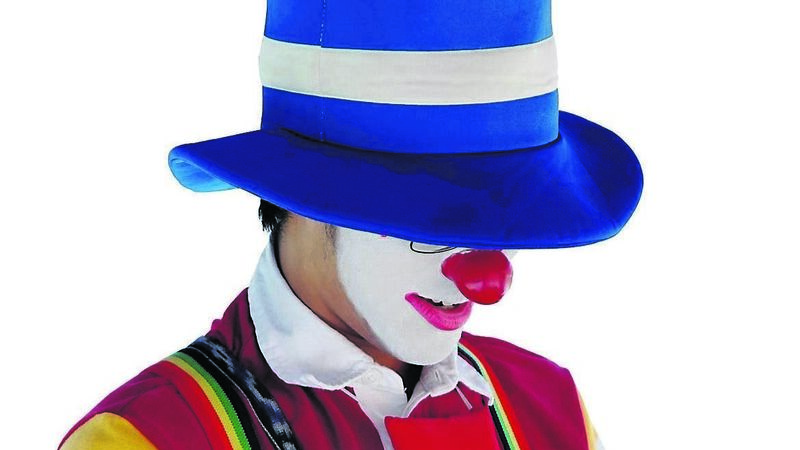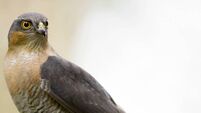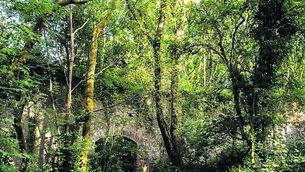No, it is not weird to be scared of clowns!

Psychologists talk about the ‘uncanny valley’ - where something looks almost human but not quite. It creates discomfort. And for some people,
especially if they’ve had a scary experience in the past or seen one too many horror films, it becomes hardwired as a threat.
Recognise: The first step is identifying exactly what you’re afraid of. Not just “clowns,” but what part specifically? The makeup, the unpredictability, the laugh?
Relax: You can’t think clearly when you’re in panic. Techniques like deep breathing or grounding help calm the body so change is possible.
Reward: Every fear is trying to do something useful, like protect you or give you control. We figure out what your mind is trying to achieve and find better strategies.
Recipe: Fear follows a pattern. There’s a sequence of thoughts, images, and feelings that run like a programme. Once we map that out, we can begin to change it.
Release: This is where we let go of the emotional charge using techniques like visualisation or memory rewiring.
Recondition: Here, we create a new emotional response, often using an anchor or a calming trigger that can be recalled in real situations.
Realise: We rehearse a future where you feel calm and confident. You train your brain to expect success, not fear.
About the author: Christopher Paul Jones overcame his own phobias, and conducted 20+ years of research across Europe, North America and Asia. See www.christopherpauljones.com







 App?
App?




